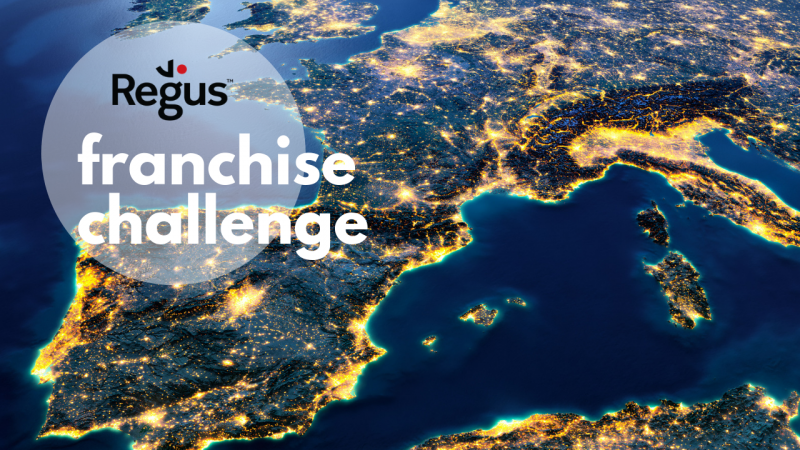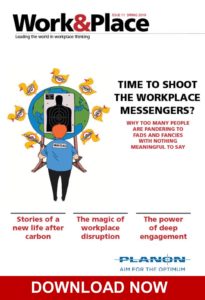Published on September 28, 2018 – By Cecilia Amador
- Regus announced earlier this month that it would, once again, enter the UK franchise market.
- Regus has tried the franchise model in the past, however it hasn’t worked well for them.
- The company’s strong presence in some markets and regions makes it a challenge for the franchise model to work for Regus.
Earlier this month Property Funds World reported that flexible workspace operator Regus was entering the UK franchise market. According to the report the franchise agreement was made in partnership with franchise experts ACCA Office Ltd., which will see the development of 10 new Regus locations over the course of four years.
This isn’t the first time Regus does franchising. Back in October, 2000, the company revealed franchise plans. An article of the time stated that “the company said that, in future, up to half the office space carrying the Regus brand could be run under franchise.”
However, Regus’ growth since 2000 has been mostly (if not all) powered by owned locations. Allwork.Space tried to find information about how many Regus franchises exist today, but was unable to find concrete data. The first franchise dates back to 2001 in the UK and there is a record of a franchise agreement signed in the Middle East, though if the locations remain operating as franchises is unknown.
Regus’ Franchise Challenge
According to the Property Funds World article, “franchising is now also set to become a key element of the brand’s growth strategy.” The model works, as it allows companies to expand their footprint without directly incurring on balance sheet issues. It also requires less capital from the company.
The franchise model has helped several flexible workspace operators grow, including Office Evolution and Serendipity Labs. However, when it comes to Regus, the franchise model hasn’t worked as well for them.
Regus boasts over 3,000 flexible workspace locations across 120 countries. The company has a proven growth track record and a sustainable business model. So, where’s the catch?
If you look at Regus’ portfolio, you’ll notice they typically have several locations in one city; in the past, some of these were company owned and some were franchises. When it came to marketing, offers, pricing, and general operations decisions, the Regus owned locations would compete with the franchise locations; which is why, eventually, Regus acquired most of its franchises; others remain in operation though under a different name.
The challenge Regus faces is to be able to find a synergy between its owned locations and those that are franchised, without them having to compete with one another. Operating a franchise model in cities and regions where Regus already has a strong presence poses a challenge for both Regus and the franchisees.
In order for the franchise model to work, Regus should think about focusing their franchise efforts in areas with a lot of growth opportunity and where the company doesn’t yet have a presence, or at least not a strong one.
It should also think about having a master franchisee for countries or regions, to prevent competition and disagreement and competition between franchise owners.
Read Full Article from AllWork.Space https://ift.tt/2DDYtwF




